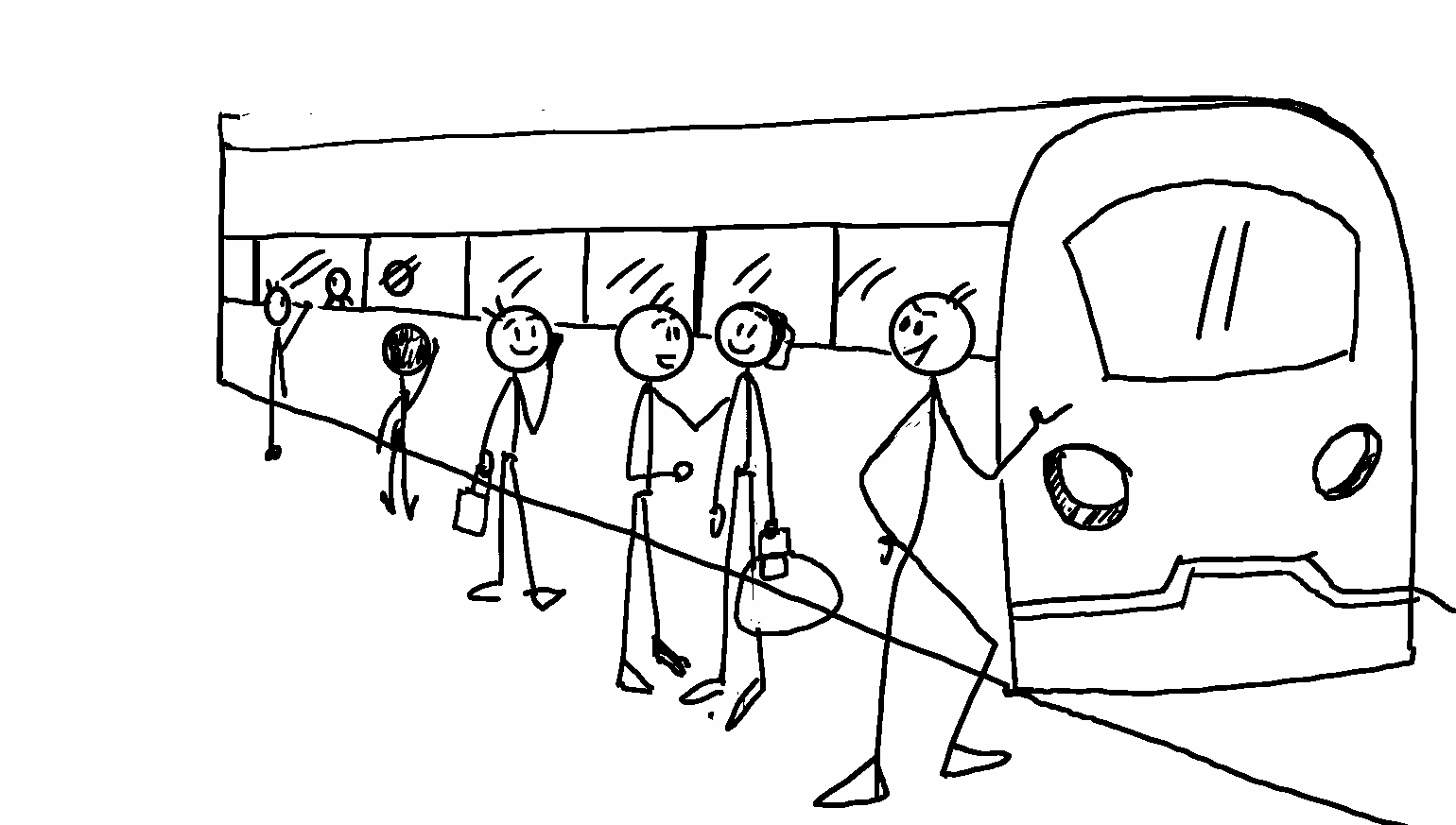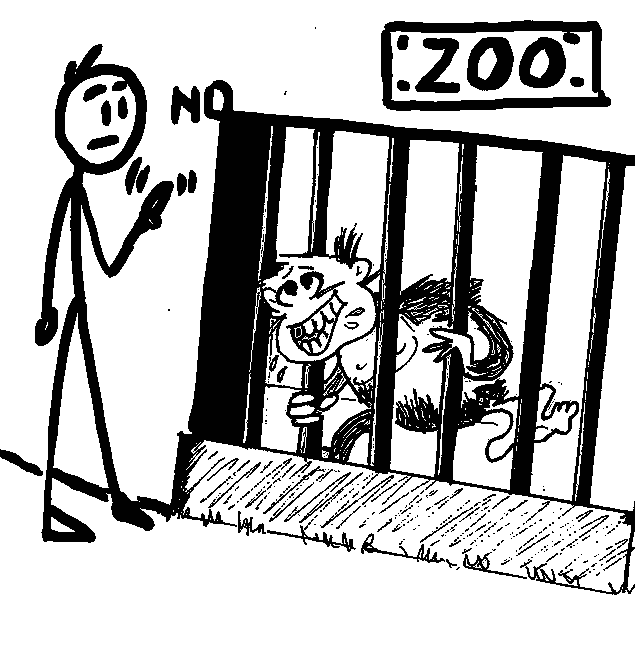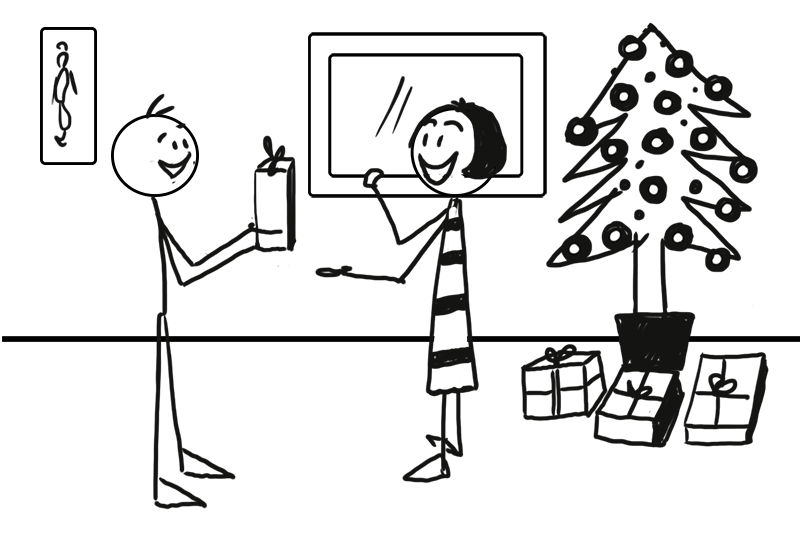MUST
Il verbo “must” viene utilizzato, sia nella forma positiva sia in quella negativa, per esprimere certezze, necessità e raccomandazioni.
You must be Shane’s friend! He speaks highly of you. [tooltip] You must be Shane’s friend! He speaks highly of you. [/tooltip]
Infatti nell'esempio si esprime certezza derivata da una supposizione logica.
You must eat something or you’ll faint. [tooltip] Devi mangiare qualcosa o sverrai [/tooltip]
We must leave now if we don’t want to miss the train. [tooltip] Dobbiamo partire adesso se non vogliamo perdere il treno [/tooltip]

La forma negativa “must not” può essere usata per esprimere un divieto, ma il tono risulta molto severo e spesso viene rimpiazzato con “should not”.
You must not forget to take your medication while you are in the tropics. [tooltip] You must not forget to take your medication while you are in the tropics. [/tooltip]
You mustn’t eat too much. Otherwise, you’ll feel sick. [tooltip] Non devi mangiare troppo. Altrimenti ti sentirai male [/tooltip]
You must not eat that cookie. It’s Clara’s. [tooltip] You must not eat that cookie. It’s Clara’s. [/tooltip]
Quando si parla di necessità, il verbo “must” viene spesso sostituito dalla forma “have to” quando la frase è al negativo. Questo accade perché “must no” implica che al soggetto della frase sia proibito compiere una determinata azione, mentre “don’t have to” esprime l’idea per cui l’azione non sia necessaria. Un esempio può essere:
You must be 21 to buy alcohol in the USA. [tooltip] You must be 21 to buy alcohol in the USA. [/tooltip]
You don’t have to be 21 to buy alcohol in Italy. [tooltip] You don’t have to be 21 to buy alcohol in Italy. [/tooltip]
SHALL & SHOULD
Anche il verbo modale “shall” è usato per indicare azioni future. Solitamente viene utilizzato per esprimere suggerimenti o esortazioni
nelle frasi che hanno per soggetto “I” o “we”, o per chiedere un consiglio o la conferma di un suggerimento
Shall we get going? [tooltip] Shall we get going? [/tooltip]
In quelle in seconda e terza persona, invece, “shall” indica regolamenti e ordini in maniera arcaica
What shall I wear to the party? [tooltip] What shall I wear to the party? [/tooltip]
Nell’inglese più formale, “shall” viene applicato a futuri eventi che esprimono inevitabilità o predestinazione.
Visitors shall not feed the animals. [tooltip] Visitors shall not feed the animals. [/tooltip]

ll verbo “should” è la forma al preterito di “shall”. Viene spesso usato per parlare di ciò che è ideale, o della soluzione migliore in una determinata situazione. Nella struttura “should have + verbo in –ed” il tempo è espresso al passato e spesso indica qualcosa che sarebbe stato ideale ma non è accaduto (un rimpianto).
There should be more airport security. [tooltip] There should be more airport security. [/tooltip]
I loved Tokyo but we didn’t get to see much of it. We should have stayed longer. [tooltip] I loved Tokyo but we didn’t get to see much of it. We should have stayed longer. [/tooltip]
“Should” viene usato anche per dare consigli e suggerimenti. In alcuni casi può sostituire il “must”. Può anche esprimere probabilità.
You should try to talk to your boss about that promotion. [tooltip] You should try to talk to your boss about that promotion. [/tooltip]
Dan was leaving his office the last time we spoke. He should be here any minute. [tooltip] Dan was leaving his office the last time we spoke. He should be here any minute. [/tooltip]
Nelle frasi ipotetiche con “if”, a volte si usa il “should” per esprimere una possibilità. In questo caso, “if you should” può essere anche sostituito spostando l’ordine soggetto-verbo in “should you” e eliminando la particella “if”.
If you should decide not to go on the trip, you will get a full refund. [tooltip] If you should decide not to go on the trip, you will get a full refund. [/tooltip]
Should you decide not to go on the trip, you will get a full refund. [tooltip] Should you decide not to go on the trip, you will get a full refund. [/tooltip]
Infine, il verbo “should” viene usato anche per esprimere ringraziamenti (soprattutto nell’inglese orale).
“Merry Christmas! I’ve got a present for you.”“Oh thank you, you shouldn’t have!” [tooltip] Buon Natale! Ho un regalo per te. Oh grazie, non avresti dovuto! [/tooltip]

Alla forma negativa, “should not” può essere contratto in “shouldn’t”. Può essere usato anche in questo caso per esprimere consigli, ma anche per muovere una critica.
I think you shouldn’t stop playing soccer. You’re good at it. [tooltip] I think you shouldn’t stop playing soccer. You’re good at it. [/tooltip]
There shouldn’t be so many bars here. It’s not like we’re in Las Vegas. [tooltip] There shouldn’t be so many bars here. It’s not like we’re in Las Vegas. [/tooltip]